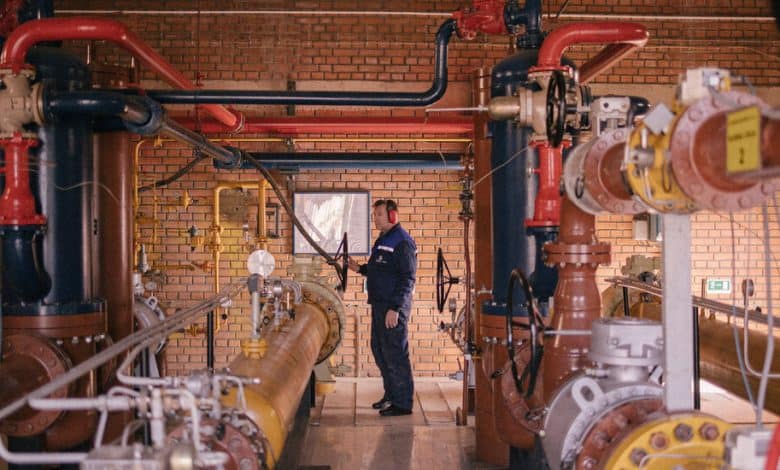Bosnia’s Dysfunction Snarls Efforts to Curb Moscow’s Reach in the Balkans

Already struggling to contain intractable crises in the Middle East and Ukraine, the United States is also grappling with an impasse in the Balkans over a gas pipeline into Bosnia, an issue that is freighted with big geopolitical stakes.
The project, backed by both the United States and the European Union but blocked by the ethnic feuds that have long hobbled Bosnia, aims to break Moscow’s stranglehold on gas supplies to a fragile nation tugged between East and West.
The proposed pipeline, which would bring in natural gas from neighboring Croatia, a member of NATO and of the European Union, would be only 100 miles long and cost roughly $110 million, a pittance next to the $15 billion it took to build the Nord Stream gas connector between Russia and Germany.
But it would severely reduce Moscow’s influence in a highly volatile region. Russia frequently used its control of energy as a weapon against Ukraine in the years leading up to its full-scale invasion in February 2022 and has since used it to undermine European unity by offering sweet energy deals to countries such as Hungary and Serbia.
Russia has no territorial claims on Bosnia or other Balkan nations, and its main goal has been to keep them from integrating with the West.